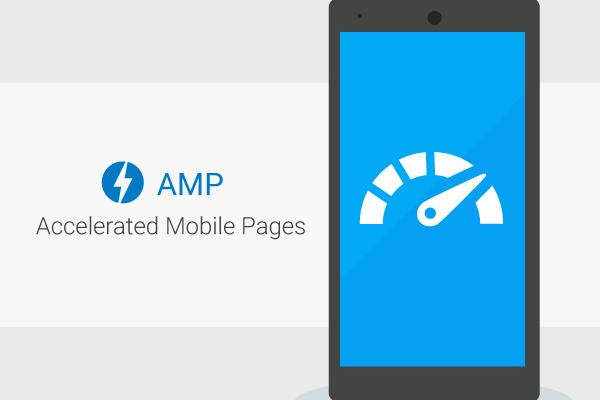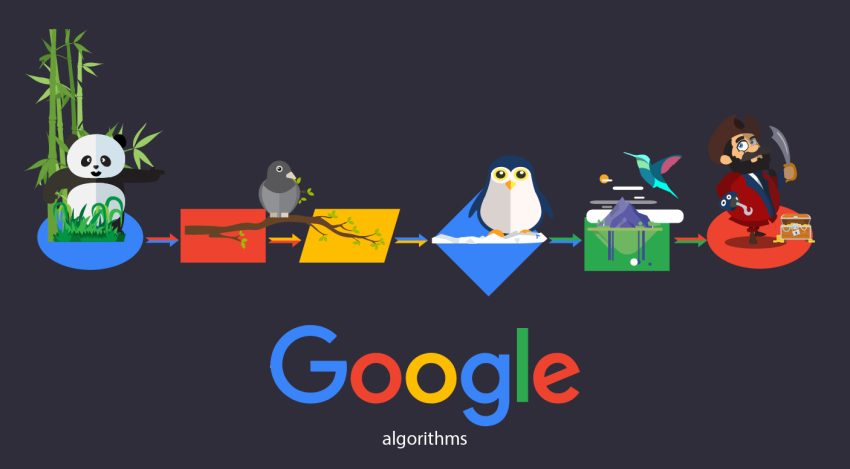Impact of AI on SEO Strategies
Artificial intelligence refers to artificial intelligence systems where intelligent processes can be designed to simulate—or even replicate—the human brain. Regarding the future impact of big data in the SEO process, search engine optimisation is transforming how to categorise and rank content rapidly and effectively. In some cases, AI enhances the results of a search algorithm by refining what the algorithm can identify as different forms of information or by expanding upon the available approaches toward interpreting this information.

For marketers and businesses, it is equally significant to embrace the changes that occur with advancements in artificial intelligence since they bring efficient advantages like targeting and better customer relations. Failure to adopt these initiatives leaves the left behind in the constantly and continuously changing digital environment. That is why integrating AI tools and technologies in marketing becomes critical to avoid obsolescence and improve the effectiveness of advertising campaigns. This shift is especially relevant for trade jobs in Australia, where adapting to new technologies can ensure continued competitiveness and growth.
How AI is Transforming SEO
Jasper and Frase are AI-powered tools that quickly create versatile, unique, and keyword-rich content. These tools also help identify highly relevant topics for content creation, properly select keywords, and produce content that effectively attracts attention. These breakdowns assist marketers in saving time and improving their SEO work since the tools can create content independently.
NLP plays a critical role, especially in search engines, because it provides a better understanding of the intent and context of the user queries, increasing the relevance of the results and overall user satisfaction. By applying NLP tools, search engines can better understand the context and perform the search to deliver more relevant and useful results. It also eliminates random searches that do not help the users achieve their goal of finding what they need as quickly as possible.
The web image and video search paradigm based on Artificial Intelligence is being significantly shifted. Search solutions such as Google Lens and Pinterest Lens enable users to upload a photo to receive search results that are more in sync with their games, quizzes, and challenges requirements. This shift is especially valuable for e-commerce since users can search for a product by shooting a photo.
Benefits of AI in SEO
Using AI analysis for the current trends, keywords with high potential can be easily selected for making the most out of them. Such tools can assist marketers in determining the likelihood of certain keywords performing better to ensure that they aim at the correct keywords. The focus on these keywords results in improved search engine results and more people visiting the site without a direct link from the email.
AI is pivotal in mechanising several specialised SEO functions, including crawling, auditing, and indexing a site. Such instruments as Screaming Frog and DeepCrawl provide AI to analyse the websites, find more problems, and enhance the site’s structure for better results concerning search engine optimisation. This automation effectively reduces the time spent and guarantees constant website enhancements relative to their SEO suitability.
AI makes announcements more specific to users’ intentions and actions, enhancing conversational calibration and satisfaction. AI is helpful in most cases because it can optimise search behaviour based on previous queries and results to build a better search experience. Such customisation aids in user engagement helps gain their trust, and boosts potential sales.
In the context of the stone industry jobs in Australia, advanced AI tools can improve precision in tasks such as cutting and shaping, thereby increasing productivity and reducing errors.
Challenges and Ethical Considerations
Issues of ethical practice about the use of AI in SEO encompass transparency and accountability. AI algorithms used for web search and data sorting should not be discriminative and must be able to provide a comprehensive result. Blameless actions and transparent processes regarding how these AI tools work and make decisions for their users are crucial in garnering their trust.
These doubts come from the fear that with the development of AI, the demand for human SEO professionals will decrease. Still, it is necessary to note that artificial intelligence in this field should be accompanied and regulated by people and ideas. That is why, even if it has harnessed the possibilities of AI in automating many processes, the entirety of SEO remains a manual process where strategy and creativity enter the equation. Considering and combining the predominance of AI in technical SEO tasks with the creativity of human insight provides a more comprehensive approach to the process.
Case Studies and Real-World Examples
oVarious companies have implemented AI in SEO, and numerous examples illustrate tangible utcomes of that process. For instance, large marketplaces such as Amazon incorporate artificial intelligence into the platform by using it for search and product recommendation, increasing their sales. Along the same line, today’s organisations such as HubSpot apply AI in one of the ways, that is, to deliver customised content that enhances user experience.

The line graph illustrates the impact of AI on SEO performance for three companies: DesktopReady, Honda, and Zephyr. It shows consistent improvements in its SEO metrics over time. DesktopReady increased from 40% to 80%, Honda improved from 50% to 85%, and Zephyr showed the most significant growth, from 45% to 90%. These results highlight the effectiveness of AI in enhancing SEO performance across different industries.
Research findings from some of these case studies show that AI can be harmoniously incorporated into SEO, enhancing its effectiveness in attaining enhanced rankings and improved user experience. By following these lessons, other businesses can replicate them and integrate them into their SEO strategies for better performance.
Future of AI in SEO
Future developments in AI integration and SEO optimisation include interactive live changes in SEO and virtual mapping applications in local SEO. They suggest the future of SEO as an even more exciting process that will be able to address more shifts in users’ behaviour and changes in the engine’s algorithms. Businesses that can forecast and adapt to such trends will be in a better place to benefit from emerging lucrative opportunities in the business environment.
How can businesses maintain their edge in the constantly changing world of AI for SEO? It would be wise to update the company with the latest AI tools and knowledge, follow SEO closely, and make corresponding changes whenever necessary. In this climate, it will be essential to remain innovative and over-proactively prepared if SEO is to sustain a successful trajectory into the future.
Conclusion
AI continues to revolutionise SEO by enhancing content writing, keyword research, and tedious technical processes. If companies are to meet these challenges brought by advancements in artificial intelligence, they can improve their marketing methods, remain relevant and provide better services and products to their users. Thus, as AI develops, its influence on SEO strategies will only grow, and it becomes critical for every business entity to be aware of these changes and adapt to them.



